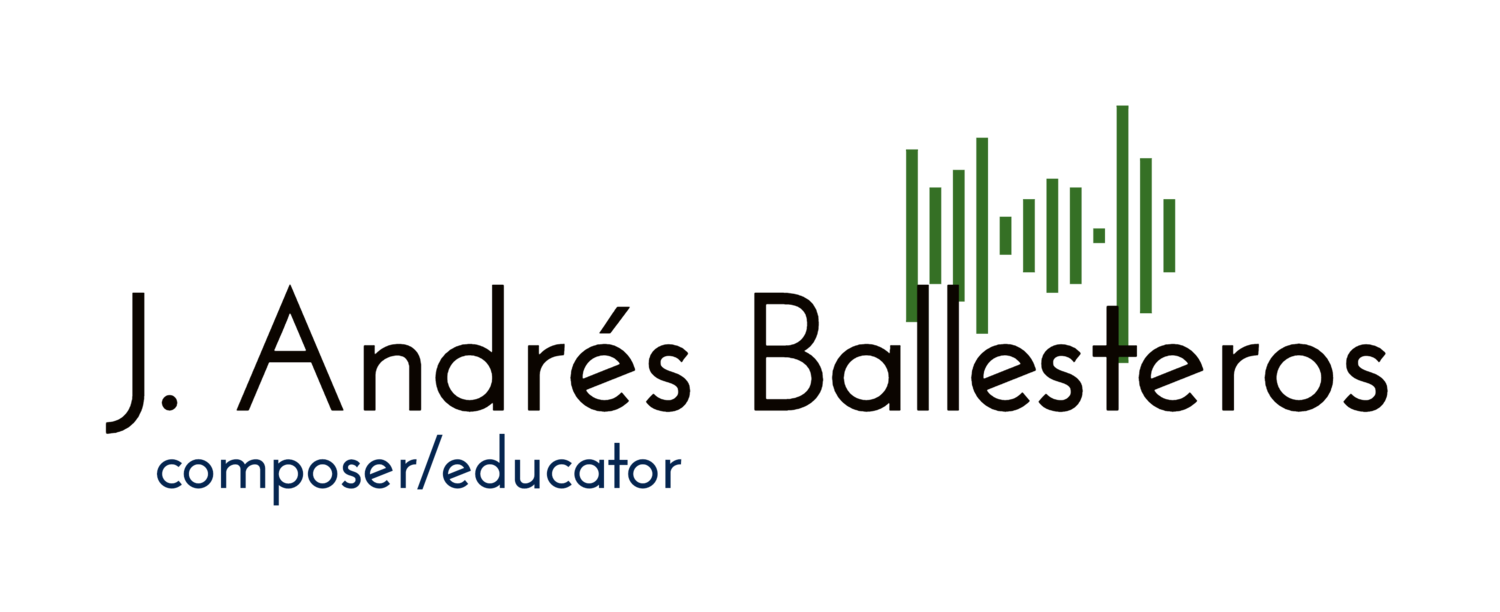1. "It all sounds like a squeaky gate."
First, not all contemporary classical music sounds like that. Arvo Pärt, John Tavener, and John Luther Adams all have magnificent music that revels in rich harmonies and, yes, even melodies at times. And the "nasty squeaky gate music" of Lachenmann, Cage, or Xenakis "can actually be amazing to experience if you're not afraid of it". They can open up your mind to the sounds around you.
2. "It's inaccessible."
"Without the "classical" avant garde, pop music just could not and would not be the same." The Beatles? They drew inspiration from Stockhausen. Loops and phases? Wouldn't be around if it weren't for Steve Reich, Phillip Glass, and the other minimalists. Sampling? It has its roots in the musique concrète of the 40s and 50s. The techniques used in contemporary classical music today may well make it into the pop music of tomorrow.
3. "You need a PhD to appreciate it."
"There's a story told by Gillian Moore, who ... set up the pioneering education work of the London Sinfonietta in the early 80s. One of its first projects introduced a programme of Ravel and early 20th-century visionary and noise-fiend Edgard Varèse to groups of schoolchildren. For many, Ravel's music is sensual, beguiling, "easy", whereas Varèse's sirens, percussion and atavistic modernism make his music beyond the pale, dissonant, and "difficult". What happened was just the reverse: the kids loved Varèse and couldn't get on with Ravel." Perhaps all you need is a pair of ears and an open mind.
4. "It's irrelevant."
Leaving aside all the pop influences mentioned above, a large number of composers are strongly engaged with the world around them: John Adams, John Luther Adams (yes, they're different), and Cornelius Cardew are deeply engaged with social and political issues. Stefan Prins, Pauline Oliveros, and the researchers at IRCAM are pushing technology to its limits. Stravinsky once famously had a run-in with the authorities for his racy arrangement of the Star-Spangled Banner.
5. "It's written for classical musicians so it must be 'old'."
"For some, the very sight of, say, an orchestra, a string quartet or the idea of an opera house automatically gives an illusion of "heritage" rather than "contemporary culture". The implication is that those institutions or lineups can't have anything to contribute to musical thinking," This couldn't be further from the truth. Composers are continually getting astonishing new sounds from these ensembles: Kaija Saariaho is a sorceress of the orchestra, Jonathan Harvey a wizard on electronics, Meredith Monk a master of the voice. Just as we haven't reached the end of science, we haven't reached the end of 'classical' music either.

